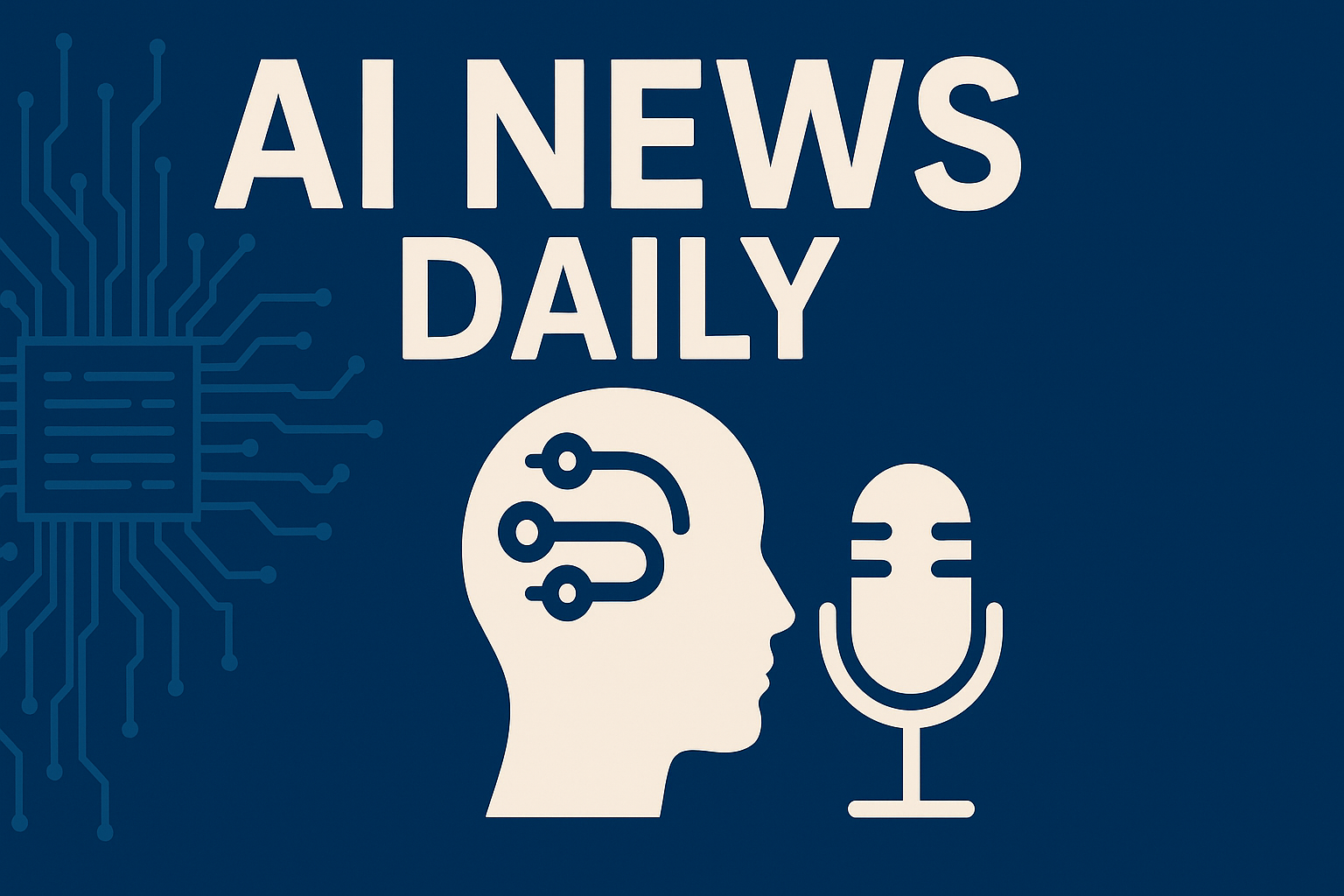Title: AI Weekly: OpenAI restores GPT-4o amid GPT-5 stumbles, zero-click agent hacks surface, Nvidia targets robotics, and California sets workplace AI rules
Content: OpenAI reenabled GPT-4o for ChatGPT Plus after user backlash over bugs, weaker answers, and a benchmark error during the GPT-5 rollout. CEO Sam Altman cited issues with GPT-5’s routing and acknowledged users’ attachment to earlier models. In a parallel strategic shift, OpenAI released its first open-source models since 2020 alongside GPT-5, aiming to speed innovation and counter intensifying competition from Chinese players like DeepSeek.
Security researchers warned of escalating risks to AI agents. Demonstrations showed zero-click prompt injection attacks that can silently exfiltrate data and bypass safeguards. SafeBreach uncovered a Google Calendar exploit that hijacked Gemini to extract information and even control smart devices; Google issued a fix. At Black Hat USA 2025, Zenity showed similar zero-click techniques against Microsoft Copilot and ChatGPT, urging stronger input sanitization, secure architectures, and real-time monitoring as enterprises embed agents across cloud environments.
Nvidia unveiled a robotics AI suite at SIGGRAPH, including Cosmos Reason, a 7B vision-language model for physical AI, plus tools like Transfer-2 for synthetic data and new servers to accelerate reasoning, simulation, and dataset creation for next-generation robots.
In legal news, Disney, Universal, Marvel, and DreamWorks sued Midjourney, alleging it enables large-scale plagiarism by generating images of iconic characters—an early test case that could set key precedents for IP in generative AI.
California finalized sweeping CCPA-based rules for automated workplace decision tools. Starting July 24, 2025, employers must conduct risk assessments, provide detailed employee notices, honor opt-out rights, and ensure vendor liability; full compliance is required by January 1, 2027.
Google launched Jules, a free AI coding agent built on Gemini 2.5 Pro that runs tasks asynchronously in the background and supports multimodal inputs to write, test, and improve code. A free tier allows 15 daily tasks, with Pro and Ultra plans for heavier use.
GitHub CEO Thomas Dohmke will step down at year’s end as the platform integrates into Microsoft’s CoreAI group under Jay Parikh. GitHub now counts 150 million developers, while Copilot has 20 million users amid growing competition from tools like Cursor and Replit.
Mistral published an environmental audit for its Large 2 model, reporting 20.4 ktCO₂e emissions and 281,000 m³ water use through January 2025, largely from training and inference. The company plans a low-carbon data center in France and called for global sustainability standards with regular impact reporting.
Apple researchers showed large speed gains by predicting multiple tokens at once using mask tokens and gated LoRA, delivering 2–5x faster generation without quality loss—especially in coding and math. The paper, “Your LLM Knows the Future,” is available on arXiv.
Labor-market observers warn generative AI is reshaping white-collar job security. JPMorgan’s Murat Tasci cautions that non-routine cognitive roles could face unprecedented losses in the next recovery. Early signs include a higher share of unemployed knowledge workers and 6.1% joblessness among U.S. computer-science graduates, as automated screening expands and AI skills outpace traditional coding expectations.
